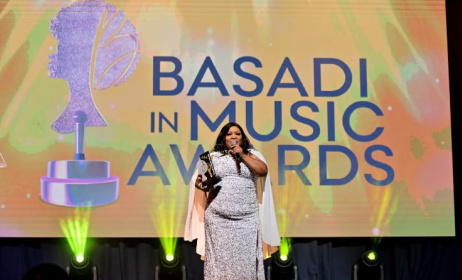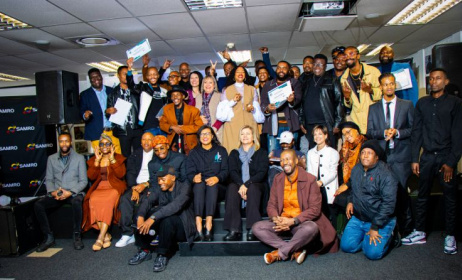US bill promises more money for artists
The Music Modernisation Act, a bill that was approved by the US House of Representatives last month, will give rise to a new mechanical royalty collection body named the Mechanical Licensing Collective (MLC).
 Nick Matzukis is a lawyer and director of the Academy of Sound Engineering. Photo: Katherine Muick-Mere
Nick Matzukis is a lawyer and director of the Academy of Sound Engineering. Photo: Katherine Muick-Mere
Trademark examining attorney with the US Patent and Trademark Office John Miranda said the purpose of the MLC was to create and maintain the world’s most thorough database of music composition copyrights and their owners, collect mechanical royalties from digital music streaming services, and transmit those royalties to copyright holders based on the ownership claims set forth in the database.
The MLC will primarily focus on the collection of mechanical royalties from musical works reproduced digitally or streamed, with a great emphasis on streaming services such as Spotify, which launched in South Africa in March and is on an expansion project.
Streaming services will be given a blanket mechanical licence what will ensure that copyright holders receive their payment. There is also provision for higher pay-outs to content creators. The database will be made public, which will give streaming service an easier way track down the artists, composers and writers that need to be remunerated.
“Streaming services will pay mechanical royalties to the MLC based on the number of streams each song has racked up. Then, it is up to various music composition copyright holders to enter claims on their songs in order to receive their proper royalty payments,” Miranda said.
The MLC will compel streaming services to pay mechanical royalties by closing loopholes where royalties weren’t paid because streaming services did not have the capacity to track down content creators. The MLC will function as a digital version of SoundExchange, a service which that for writers, composers and producers to receive royalties for physically distributed music.
As far as African composers, writers and producers are concerned, the bill, if passed, will be applicable to creators on the continent who have an international appeal.
“It's an American bill, so it will affect mechanical rights as far as South African composers get US sales,” Academy of Sound Engineering director and lawyer Nick Matzukis said on social media.
Southern African artists collect their US royalties from the Southern African Music Rights Organisation through the American Society of Composers, Authors and Publishers.
The Music Modernisation Act has been seen as a much-needed step for music professionals in the US. The bill will also address a US federal law that doesn’t allow legacy artists – or artists who recorded music before 1972 – to collect royalties.






























Comments
Log in or register to post comments